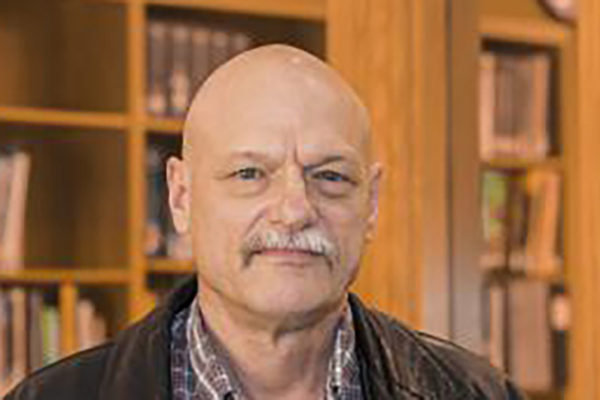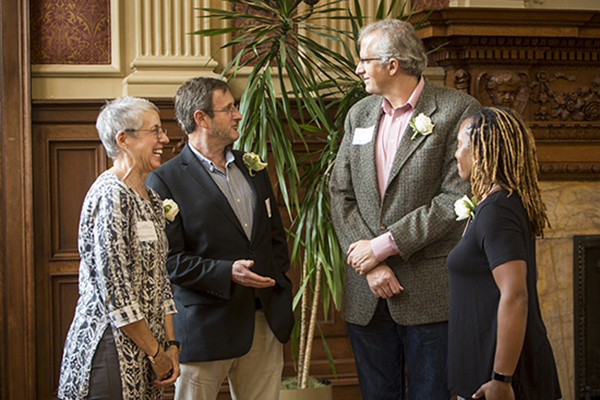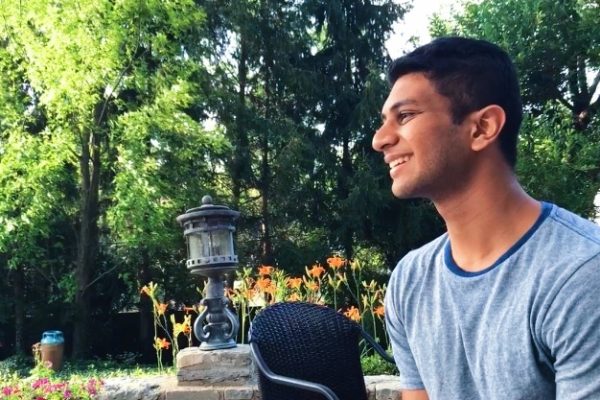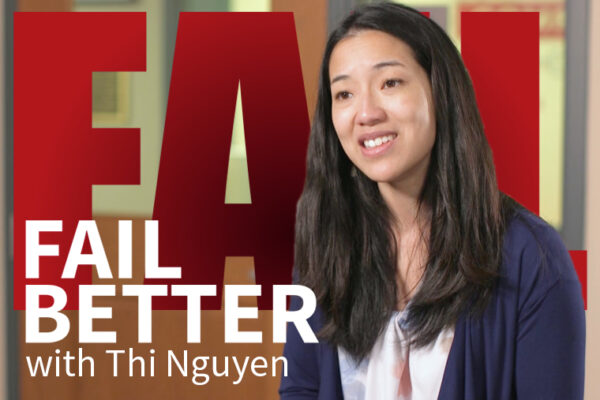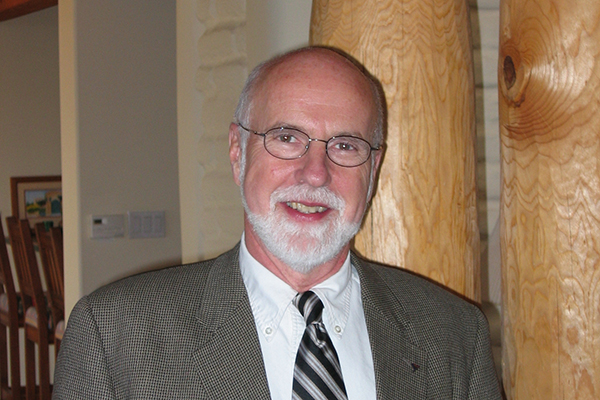‘The joke works best when you don’t smile’
Environmental catastrophe upends the social order. Private functions fuel corporate profits. Oppressed masses rebel against privileged politicians. Don’t laugh. This is “Urinetown.”
Anthropology student Cubellis to study in Berlin
Lauren Cubellis, a PhD candidate in sociocultural anthropology in Arts & Sciences, received a 2017-18 long-term research scholarship and intensive summer language course grant from the the German Academic Exchange Service (Deutscher Akademischer Austauschdienst, or DAAD).
Tate discusses ‘promising practices’ in graduate education
William F. Tate, dean of the Graduate School, and Lori White, vice chancellor for student affairs, are launching a new symposium, “Promising Practices in Supporting Graduate and Professional Students,” Oct. 13-14 at Washington University in St. Louis. The first gathering of its kind, the conference will bring together academic and student affairs leaders to discover ways to better serve the whole student.
Criss receives Lewis C. Green Environmental Service Award
Robert E. Criss, professor of earth and planetary sciences in Arts & Sciences at Washington University in St. Louis, has received this year’s Lewis C. Green Environmental Service Award in recognition of his long-term commitment to raising awareness of increased flooding risks and the dangers of floodplain development and inaccurate flood studies.
Arts & Sciences recognizes faculty for excellence in teaching, leadership
Four Arts & Sciences faculty were honored during the school’s annual faculty welcome reception, held Sept. 11 in Holmes Lounge. Dean Barbara Schaal presented faculty awards to (from left) Jean Allman, Geoff Childs, Eric Brown and Amanda Carey.
Obituary: Shayel Patnaik, student in Arts & Sciences, 21
Shayel Patnaik, a senior majoring in history in Arts & Sciences at Washington University in St. Louis, died Friday, Sept. 22, 2017. His life will be honored at 2 p.m. Saturday, Sept. 30, in the Women’s Building Formal Lounge.
Bose, biology group net grant to work with high schoolers on STEM
Arpita Bose, assistant professor of biology in Arts & Sciences at Washington University in St. Louis, was one of 10 women scientists at universities across the United States to receive a $2,500 grant from L’Oreal and the American Association for the Advancement of Science for projects focused on engaging girls and women in science.
Fail Better with Thi Nguyen
With a PhD in neuroscience, Thi Nguyen aspired to earn a tenure-track position and run her own lab. But events both good and bad led her to a new career path. Today, she is associate dean for graduate career and professional development at the Graduate School at Washington University in St. Louis, where she helps students prepare for a job market where tenure-track jobs are few but demand for highly educated workers is high.
Gross wins national American Chemical Society award
Michael L. Gross, professor of chemistry in Arts & Sciences at Washington University in St. Louis, has been named recipient of the 2018 American Chemical Society Award in Analytical Chemistry, sponsored by the Battelle Memorial Institute.
Which came first: big brains or demanding environments?
Researchers in Arts & Sciences at Washington University in St. Louis are challenging the notion that environment drives the evolution of brain size. A new study was released Sept. 25 in the journal Nature Ecology and Evolution.
View More Stories



